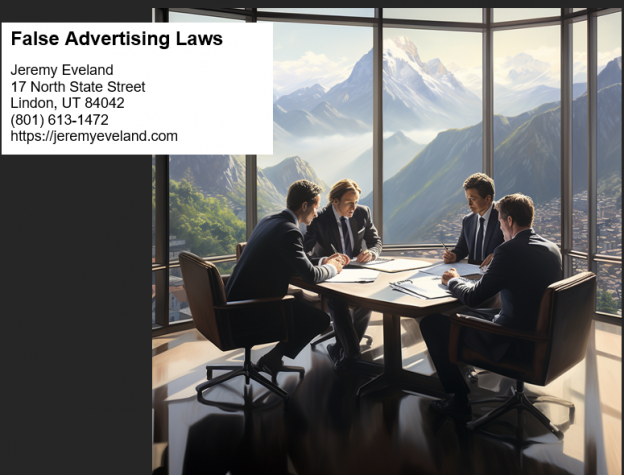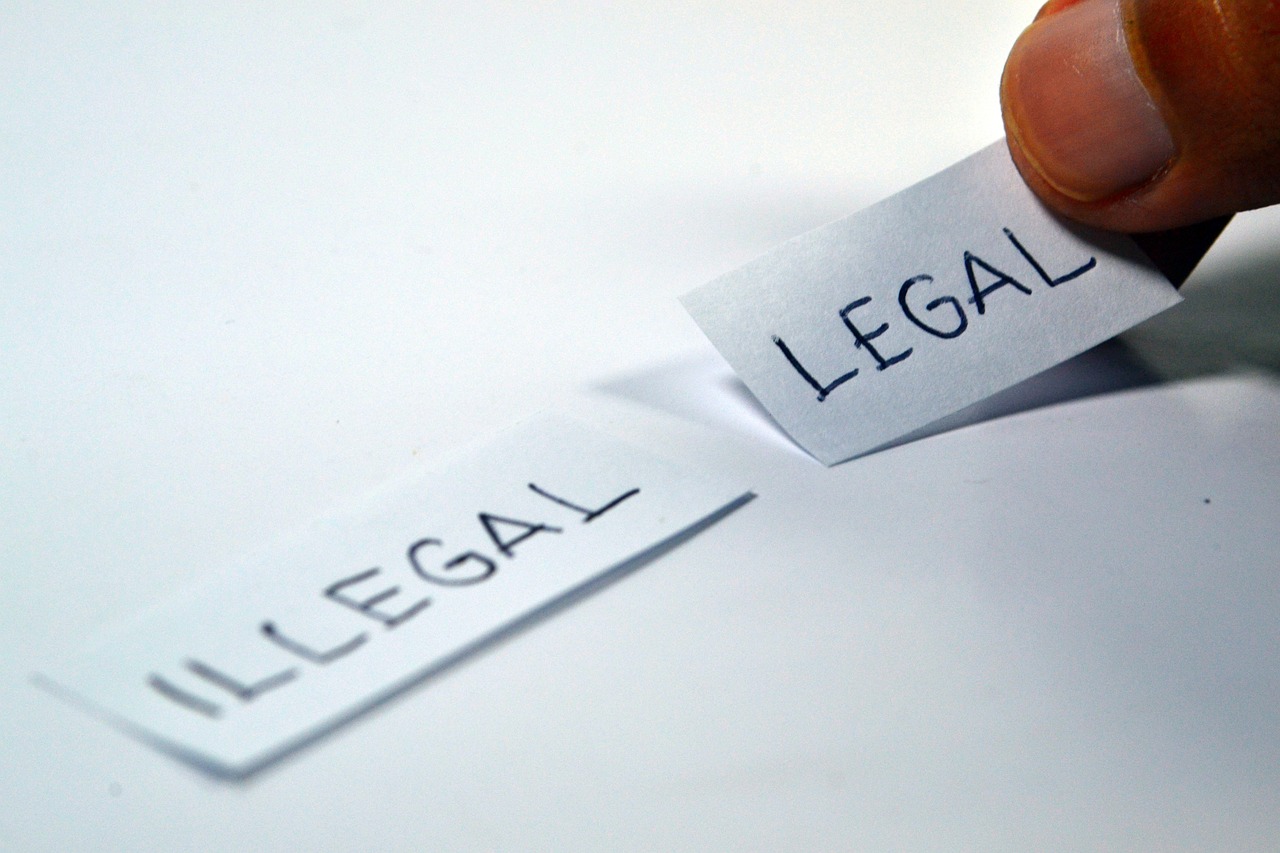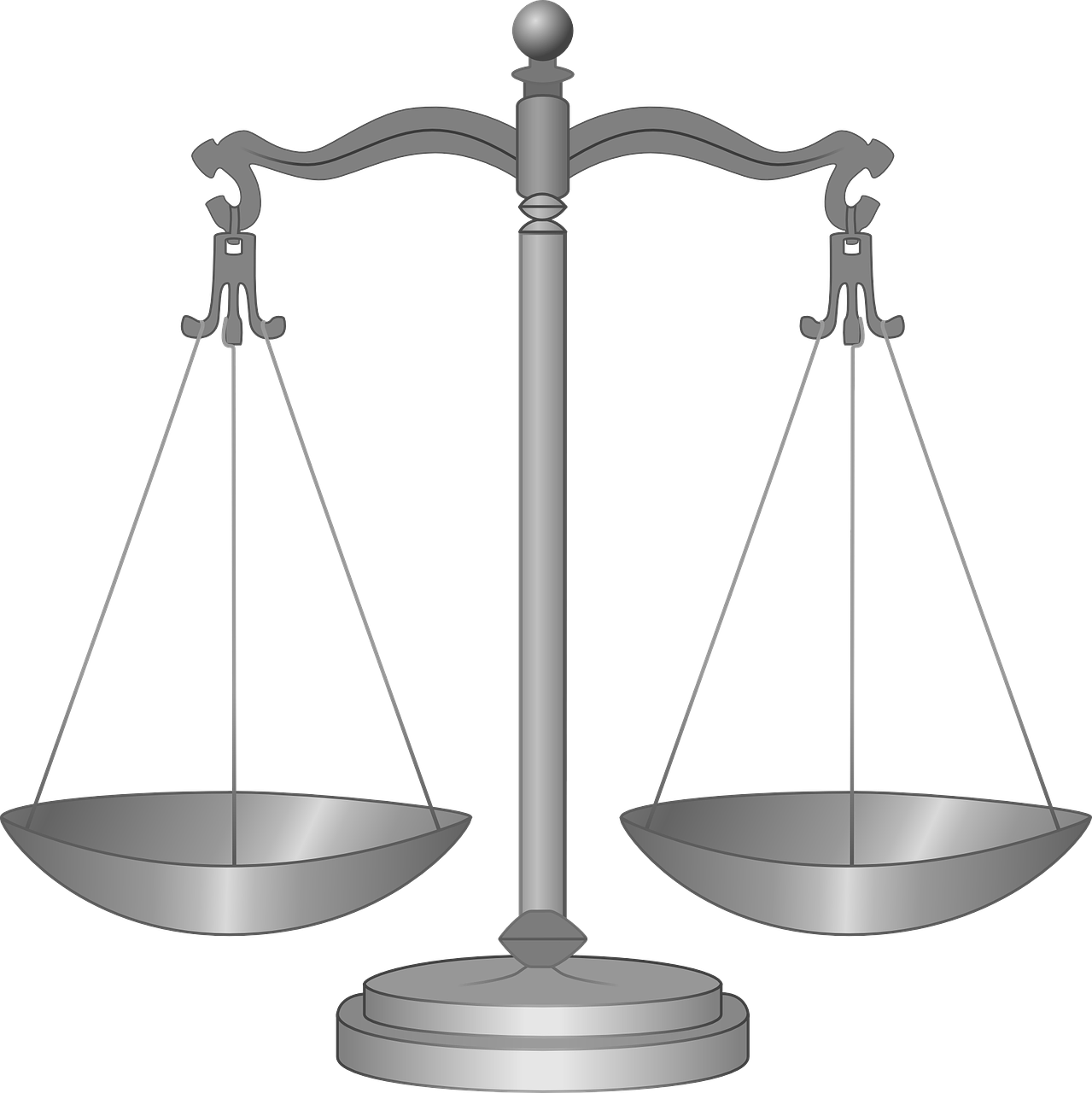In today’s competitive business landscape, companies are constantly vying for consumers’ attention and, more importantly, their hard-earned dollars. However, it is crucial for businesses to remember that truth in advertising is not just a moral obligation, but a legal one as well. False advertising can lead to severe consequences, including potential lawsuits, damaged reputation, and financial penalties. To ensure that your company stays on the right side of the law and maintains its integrity, it is imperative to familiarize yourself with false advertising laws. This article aims to provide a comprehensive overview of these laws, address common misconceptions, and equip you with the knowledge to navigate this complex legal terrain seamlessly. So, let’s delve into the world of false advertising laws and empower your business with the necessary insights to stay compliant and successful.
False Advertising Laws
False advertising is a serious offense that can have detrimental effects on businesses and consumers alike. Understanding the laws surrounding false advertising is crucial for both individuals and companies. This comprehensive article will provide an overview of false advertising, delve into its different elements and types, explore the consequences and regulatory agencies involved, discuss legal remedies and defenses against false advertising claims, present case studies to illustrate real-world scenarios, and touch upon recent updates and trends. Read on to gain a deeper understanding of false advertising laws and how they impact the business world.

Overview of False Advertising
False advertising refers to the act of intentionally deceiving consumers through misleading or false statements about a product or service. The purpose of false advertising is to entice consumers to make purchases based on false or exaggerated claims, leading to financial loss and a breach of trust. False advertising can take various forms, such as false statements about the product’s features, performance, ingredients, or pricing. It can also include false comparisons with competitors or endorsements by celebrities who have not actually used the product.
The primary goal of false advertising laws is to protect consumers from being misled and to ensure fair competition among businesses. By prohibiting false or deceptive advertising practices, these laws aim to maintain the integrity of the marketplace and uphold consumer trust.
Elements of False Advertising
To prove a false advertising claim, certain elements must be established. These elements typically include:
-
Representation or statement: The advertisement must contain a false or misleading representation or statement that could deceive a reasonable consumer.
-
Materiality: The false or misleading representation must be material, meaning that it has the potential to influence a consumer’s purchasing decision.
-
Consumer reliance: The advertisement must lead consumers to rely on the false or misleading representation, resulting in actual harm or financial loss.
-
Harm or damage: The false advertising must cause harm or damage to either the consumer or a competitor in the marketplace.
Establishing these elements is crucial in determining the validity of a false advertising claim and the potential liability of the advertiser.
Types of False Advertising
False advertising can manifest in various forms, each with its own unique characteristics and implications. Some common types of false advertising include:
-
Bait-and-switch: This occurs when a business lures consumers in with an enticing offer, only to later change the terms or availability of the promised product or service.
-
Puffery: Puffery refers to exaggerated claims or statements that are unlikely to be taken literally by consumers. While puffery is generally permissible, it becomes false advertising when these claims are deceptive or materially misleading.
-
Unsubstantiated claims: Advertisements that make claims about a product or service without sufficient evidence to support those claims can be considered false advertising.
-
Hidden fees or charges: Concealing additional fees or charges associated with a product or service can mislead consumers and constitute false advertising.
-
False endorsements: Presenting false or unauthorized endorsements from celebrities or experts can mislead consumers into believing that the product or service is of a higher quality or has certain benefits.
Understanding the different forms of false advertising is essential for both businesses and consumers to navigate the marketplace effectively and identify potentially misleading practices.
Consequences of False Advertising
False advertising can have severe consequences for businesses that engage in such practices. The ramifications can include:
-
Legal action: Businesses found guilty of false advertising may face legal consequences, including fines, injunctions, and other penalties imposed by regulatory agencies or through civil lawsuits.
-
Reputation damage: False advertising can tarnish a company’s reputation, leading to a loss of consumer trust and loyalty. This reputation damage can have long-lasting effects on the success and profitability of a business.
-
Financial loss: Engaging in false advertising can result in financial loss for both the deceived consumers and the business itself. Consumers may spend their money on products or services that do not meet their expectations, while the business may face decreased sales and potential lawsuits.
-
Loss of competitive advantage: False advertising can erode a business’s competitive advantage, as consumers may turn to competitors who engage in ethically sound advertising practices.
Businesses must weigh the potential gains of deceptive advertising against these significant consequences to make informed decisions and uphold their integrity and credibility in the marketplace.
Regulatory Agencies
To enforce false advertising laws and protect consumers, regulatory agencies play a vital role in monitoring and taking action against deceptive practices. In the United States, several agencies oversee and regulate false advertising, including the Federal Trade Commission (FTC) and the Food and Drug Administration (FDA). These agencies have the authority to investigate claims, issue guidelines and regulations, and impose penalties for violations of false advertising laws.
The FTC, in particular, actively investigates and prosecutes false advertising cases. Through its enforcement actions, the FTC seeks to ensure fair competition, protect consumers from false or misleading claims, and maintain the integrity of the marketplace.
Legal Remedies for False Advertising
When consumers or competitors are victims of false advertising, they have legal remedies available to seek relief and hold the responsible parties accountable. Some potential legal remedies for false advertising include:
-
Cease and desist letters: A cease and desist letter from the injured party’s attorney can demand that the advertiser immediately stop the false advertising and provide corrective measures.
-
Injunctive relief: Injunctions can be sought to prevent the continued dissemination of false advertisements and require the advertiser to take corrective action.
-
Damages: In cases where financial harm has been incurred, individuals or businesses may seek compensatory damages for losses suffered as a result of false advertising.
-
Disgorgement of profits: If the false advertising resulted in unjust enrichment, courts may order the guilty party to disgorge any profits obtained as a result of the deceptive practices.
Consulting with an experienced attorney who specializes in false advertising law is crucial when seeking legal remedies. They can provide guidance on the most appropriate course of action based on the specific circumstances of the case.

Defenses against False Advertising Claims
When faced with false advertising claims, businesses may assert certain defenses to mitigate their liability. Common defenses against false advertising claims include:
-
Substantiation: Businesses can argue that they had reasonable grounds to support the claims made in their advertisements, such as scientific studies or expert opinion.
-
Puffery: As mentioned earlier, exaggerated statements or claims that constitute puffery are generally not actionable as false advertising.
-
Truthful comparative advertising: Comparing a product or service to a competitor’s is permissible as long as the claims made are truthful and substantiated.
-
First Amendment protection: In some instances, advertisements may be protected as free speech under the First Amendment. However, this defense is limited and must be carefully considered.
Businesses should consult with legal counsel when dealing with false advertising allegations to determine the most effective defenses available to them.
Case Studies
Examining real-world case studies can provide valuable insights into the implications of false advertising. Some noteworthy examples include:
-
Red Bull: In 2014, Red Bull settled a class-action lawsuit alleging false advertising regarding the energy drink’s ability to provide heightened physical and mental performance. The company agreed to pay $13 million in settlements to affected consumers.
-
POM Wonderful: The FTC filed a complaint against POM Wonderful, a juice company, for making deceptive claims about the health benefits of its products. The case resulted in a consent decree prohibiting POM Wonderful from making false or unsubstantiated claims about its products’ health benefits.
These cases highlight the legal and financial consequences businesses can face when engaging in false advertising practices. They underscore the importance of truthful and transparent advertising to maintain consumer trust and avoid regulatory scrutiny.

Recent Updates and Trends
False advertising laws continue to evolve to keep pace with changing marketing practices. Some recent updates and trends in this area of law include:
-
Digital advertising: With the rise of digital platforms and social media, false advertising has migrated to online spaces. Regulatory agencies are adapting to this shift and cracking down on false claims made through these platforms.
-
Increased consumer awareness: Consumers are becoming more vigilant in identifying false advertising claims and holding companies accountable through social media and online communities. This heightened awareness puts pressure on businesses to ensure their advertising is truthful and accurate.
-
Focus on health and safety claims: In recent years, regulatory agencies have closely scrutinized health and safety claims made by companies. Advertisers must provide robust substantiation for such claims to avoid false advertising allegations.
Staying informed about these updates and trends is crucial for businesses to ensure compliance with false advertising laws and maintain ethical advertising practices.
FAQs
-
What is the first step to take if you believe you have been the victim of false advertising? If you believe you have been a victim of false advertising, the first step is to consult with an attorney experienced in false advertising law. They can assess your case, guide you through the legal process, and determine the most appropriate legal remedies available to you.
-
Can individuals bring a false advertising claim against a business? Yes, individuals who have been harmed by false advertising have the right to bring a claim against the responsible business. By consulting with an attorney, individuals can understand their legal options and pursue appropriate remedies.
-
How can businesses ensure their advertising practices comply with false advertising laws? Businesses can ensure compliance by carefully reviewing and substantiating the claims made in their advertisements. Seeking legal advice, conducting rigorous product testing, and maintaining accurate records can help businesses avoid false advertising allegations.
-
Can competitors bring false advertising claims against each other? Yes, competitors can bring false advertising claims against one another. When making comparative claims, it is essential for businesses to ensure that the claims are truthful, substantiated, and not misleading.
-
Can false advertising cases result in criminal charges? While false advertising is typically treated as a civil matter, in certain circumstances, it can lead to criminal charges. These charges may arise when false advertising involves fraud, substantial financial harm, or violations of specific statutes.
In conclusion, false advertising laws serve as a crucial safeguard in the business world. By understanding the various elements, types, consequences, and regulatory agencies involved, businesses can navigate the marketplace ethically while protecting their interests. False advertising claims can have severe consequences, underscoring the importance of truthful and transparent advertising. Consulting with legal professionals specializing in false advertising law can provide businesses and individuals with the necessary guidance to address false advertising matters effectively.
Legal Consultation
When you need help from a lawyer call attorney Jeremy D. Eveland, MBA, JD (801) 613-1472 for a consultation.
Jeremy Eveland
17 North State Street
Lindon UT 84042
(801) 613-1472



